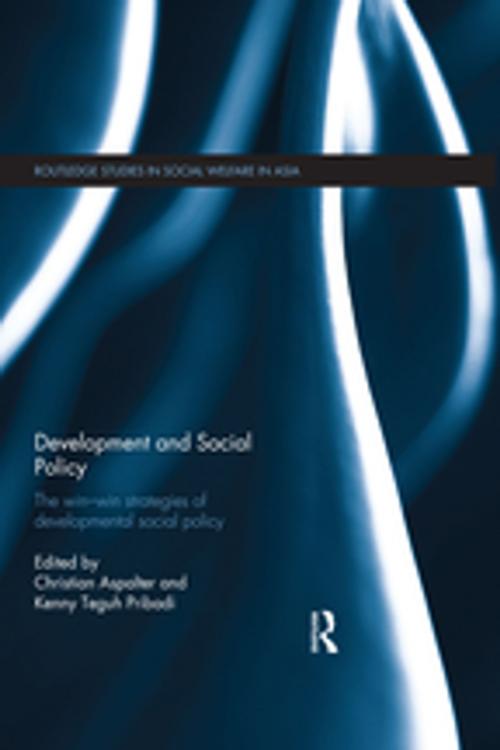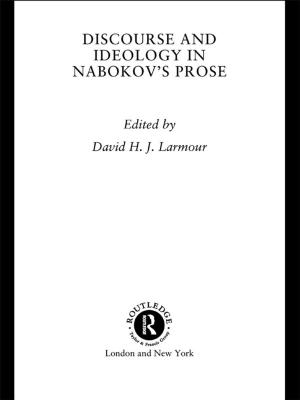Development and Social Policy
The Win-Win Strategies of Developmental Social Policy
Nonfiction, Social & Cultural Studies, Social Science, Cultural Studies, Ethnic Studies, Sociology| Author: | ISBN: | 9781317286929 | |
| Publisher: | Taylor and Francis | Publication: | December 19, 2016 |
| Imprint: | Routledge | Language: | English |
| Author: | |
| ISBN: | 9781317286929 |
| Publisher: | Taylor and Francis |
| Publication: | December 19, 2016 |
| Imprint: | Routledge |
| Language: | English |
In recent years, government and policymakers around the world have shifted their attention away from money-oriented, supply-side economics to institutional economics and people-oriented social and economic development. Issues such as poverty reduction, win-win solutions and strategies in social policy and their implementation, universalization, and a variety of new large-scale conditional cash transfers programs have become ever-present in the global discussion about development and social policy.
This book provides win-win strategies for social policies on the ground, as developed and put forward by the normative theoretical paradigm of Developmental Social Policy (DSP). Taking the state-of-the-art general development theory as a starting point of reference and discussion, it goes on to discuss in detail the key win-win strategies that form the basis and core of the DSP paradigm. It examines key related issues such as the performance of provident fund systems, the performance of conditional cash transfer systems (especially their elements that are based on asset- and means-testing), universalism and extension in social security provision in the context of especially developing countries, and "non-economically targeted" social welfare benefits and services.
Providing fully-fledged theoretical guidance paired with key social policy strategies and solutions, it will be highly valuable for students and scholars of social policy, development studies, and Asia Pacific studies.
In recent years, government and policymakers around the world have shifted their attention away from money-oriented, supply-side economics to institutional economics and people-oriented social and economic development. Issues such as poverty reduction, win-win solutions and strategies in social policy and their implementation, universalization, and a variety of new large-scale conditional cash transfers programs have become ever-present in the global discussion about development and social policy.
This book provides win-win strategies for social policies on the ground, as developed and put forward by the normative theoretical paradigm of Developmental Social Policy (DSP). Taking the state-of-the-art general development theory as a starting point of reference and discussion, it goes on to discuss in detail the key win-win strategies that form the basis and core of the DSP paradigm. It examines key related issues such as the performance of provident fund systems, the performance of conditional cash transfer systems (especially their elements that are based on asset- and means-testing), universalism and extension in social security provision in the context of especially developing countries, and "non-economically targeted" social welfare benefits and services.
Providing fully-fledged theoretical guidance paired with key social policy strategies and solutions, it will be highly valuable for students and scholars of social policy, development studies, and Asia Pacific studies.















